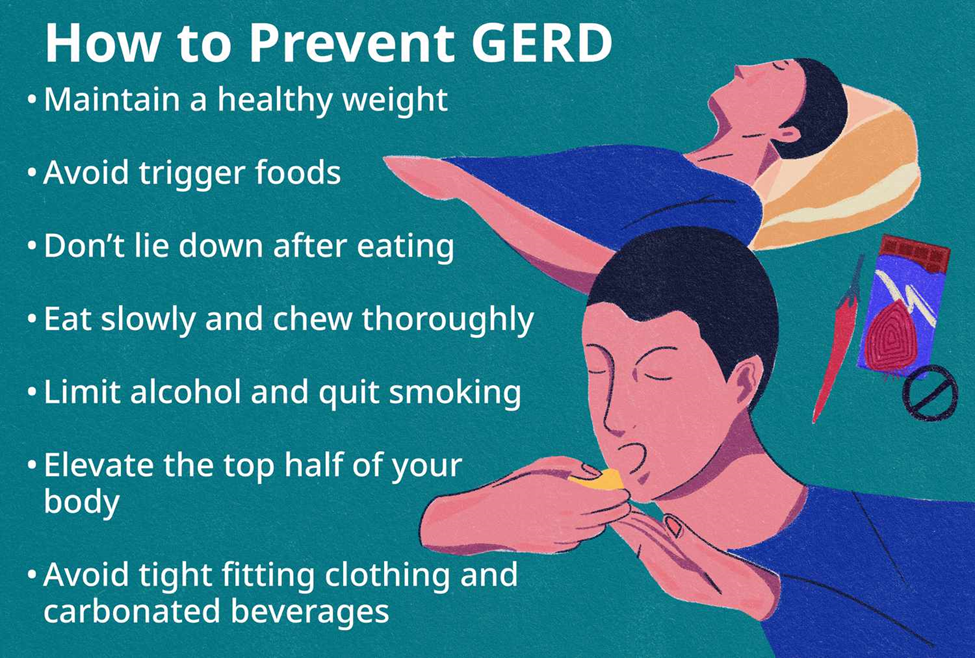A nurse is providing teaching to the parent of an infant about car seat safety. Which of the following statements by the parent indicate an understanding of the teaching?
"I should place the shoulder harness above the level of my baby's shoulders."
"I should place the car seat rear-facing until my baby is 2 years old."
"I will place the retainer clip over my baby's abdomen."
"I should position my baby at a 30-degree angle in the car seat."
The Correct Answer is B
A. "I should place the shoulder harness above the level of my baby's shoulders."
This statement is incorrect. Placing the shoulder harness above the baby's shoulders could lead to improper restraint in the event of a crash. The harness should be positioned at or slightly below the level of the baby's shoulders to provide effective protection.
B. "I should place the car seat rear-facing until my baby is 2 years old."
This statement is correct. The American Academy of Pediatrics recommends that infants and toddlers ride in a rear-facing car seat until they are at least 2 years old or until they reach the maximum height and weight limit specified by the car seat manufacturer. This position provides optimal protection for the baby's head, neck, and spine in the event of a crash.
C. "I will place the retainer clip over my baby's abdomen."
This statement is incorrect. The retainer clip, also known as the chest clip, should be positioned at armpit level to secure the harness straps. Placing it over the baby's abdomen could result in serious injuries in the event of a crash.
D. "I should position my baby at a 30-degree angle in the car seat."
This statement is incorrect. Infants should be positioned at a 45-degree angle in their car seats. This angle helps to keep the baby's airway open and prevents the head from flopping forward, which could restrict breathing. Placing the baby at a 30-degree angle may not provide adequate support and protection.
Nursing Test Bank
Naxlex Comprehensive Predictor Exams
Related Questions
Correct Answer is ["A","B","C"]
Explanation
A. Thicken the infant's formula with cereal: Thickening the infant's formula with cereal can help reduce the likelihood of regurgitation by increasing its viscosity and promoting better gastric emptying. This can help decrease the frequency and severity of gastroesophageal reflux episodes.
B. Avoid giving the infant citrus juices: Citrus juices are acidic and can exacerbate gastroesophageal reflux symptoms in infants. Avoiding citrus juices can help reduce the acidity of the stomach contents, potentially decreasing the likelihood of regurgitation.
C. Position the child with their head elevated after meals: Keeping the infant in an upright position with the head elevated after meals can help prevent regurgitation by reducing the likelihood of gastric contents flowing back into the esophagus. This position facilitates gravity-assisted digestion and minimizes pressure on the lower esophageal sphincter.
D. Place the infant's head on a soft pillow while sleeping: Placing the infant's head on a soft pillow while sleeping is not recommended as it increases the risk of suffocation and sudden infant death syndrome (SIDS). Infants should always be placed on their back to sleep in a flat, firm surface without pillows or soft bedding to reduce the risk of adverse events.
E. Administer an antiemetic to the infant: Administering an antiemetic to the infant is not typically indicated for the management of gastroesophageal reflux in infants, especially as a preventive measure. Antiemetics may have potential side effects and should only be used under the guidance of a healthcare provider for specific indications.

Correct Answer is A
Explanation
A. Preschoolers believe their illness is punishment for their misbehavior:This statement is true. Preschool-aged children often have a limited understanding of illness and may associate it with punishment. They might think that their illness is a consequence of something they did wrong. As a nurse, it’s essential to address these misconceptions and provide age-appropriate explanations to help them understand their condition better.
B. Preschoolers are interested in what happens to the body after death: Preschoolers may have curiosity about death and what happens afterward, but their understanding is typically limited. They may ask simple questions about death and may need age-appropriate explanations about the concept. Providing information in a sensitive and honest manner can help address their curiosity and alleviate fears.
C. Adolescents worry more about death than the physical changes that can occur as a result of the illness: Adolescents facing terminal illness may have complex emotions and concerns about both death and the physical changes associated with their illness. It's important to acknowledge and address both aspects of their experience, providing opportunities for adolescents to express their feelings and concerns in a supportive environment.
D. Toddlers personify death as being a type of monster: Toddlers often have limited understanding of death and may personify it in different ways, including as a monster or some other abstract concept. It's essential for guardians to provide comfort and reassurance to toddlers who may experience fear or confusion about death. Providing simple and concrete explanations about death, tailored to their developmental level, can help alleviate anxiety.
Whether you are a student looking to ace your exams or a practicing nurse seeking to enhance your expertise , our nursing education contents will empower you with the confidence and competence to make a difference in the lives of patients and become a respected leader in the healthcare field.
Visit Naxlex, invest in your future and unlock endless possibilities with our unparalleled nursing education contents today
Report Wrong Answer on the Current Question
Do you disagree with the answer? If yes, what is your expected answer? Explain.
Kindly be descriptive with the issue you are facing.
